Magazine
Does What You Eat Affect Your Skin?

You have probably heard the myth that issues with your skin like acne and premature aging can be attributed to your diet. We all know the saying, you are what you eat. But is there any truth to this theory?
One of the main reasons this belief exists in the first place is how many more skin conditions, primarily acne, are reported in places like the United States as opposed to non-westernized societies.
The U.S. is known for its consumption of processed foods, with one study finding that the portion of ultra-processed foods in the average American diet is 57% of calories as of 2018. That same year, the consumption of whole foods fell to 27.4% of calories, with all signs pointing to a continuous downward trend.
However, correlation does not equal causation.
While citizens of the U.S. are statistically proven to consume more processed diets and have more cases of acne than other nations, this does not prove that one causes the other. The reality of the situation is that there are simply not enough credible studies to definitively prove that a poor diet will guarantee you issues with your skin.
That being said, we know that foods that are good for the inside of your body are good for the outside of it. Increasing your vitamins, minerals, and antioxidants intake are both good for you and your skin. While we cannot outright ban any specific food categories, we can recommend foods that will help benefit all of you, including your complexion.
Vitamins
Vitamins are an easy way to improve your diet and boost your immune system. Vitamins can be consumed as supplements or through vitamin-rich foods. Allow us to explain some of the top vitamins for strengthening your skin.
Vitamin C
Vitamin C is naturally present in your body and does a lot to support your health. It is present in both the outer and inner layer of your skin and has antioxidant properties that assist with production of collagen.
Therefore, upping your vitamin C intake can be particularly effective for anti-aging. By enhancing the collagen synthesis that naturally occurs in your body, you can minimize the appearance of fine lines and wrinkles, heal your damaged skin, and ward off dry skin.
Fruits and vegetables are one of the top sources of vitamin C. Consider incorporating fruits like oranges, lemon, grapefruit, strawberries, bell pepper, and tomato and vegetables like broccoli, Brussels sprouts, and cabbage into your diet as they are all high in vitamin C.
Vitamin D
When sunlight is absorbed by your skin, cholesterol will convert into the vitamin, and get taken by your liver and kidneys to be transported throughout the body to assist with the formation of healthy cells. These cells include your skin cells, meaning that when your body has a sufficient vitamin D intake, your skin’s tone and texture will feel and look healthier.
While spending a few minutes every day exposed to sunlight is the most direct way to improve your vitamin D intake, there are several foods rich in vitamin D that you are welcome to incorporate into your diet instead.
Many fortified foods, which have nutrients added to them that are not naturally present, contain vitamin D. Such foods include cereal and yogurt. Vitamin D is also naturally present in many seafood items, including tuna, salmon, and cod.
Vitamin K
Vitamin K plays an essential role in blood clotting, which occurs when blood vessels in the body become damaged. When the body becomes harmed, blood clotting plays a role in healing the wound. This means that consuming vitamin K can help speed up the healing process of wounds on the skin, which includes dark spots, scars, and bags below the eyes.
Although vitamin K deficiencies are rare in the U.S., being conscious of your vitamin intake is important for not only maintaining your health but also improving the quality of your skin. The healing properties of the vitamin are useful for helping reduce any existing damage.
A high concentration of vitamin K is most commonly found in leafy, green vegetables. These vegetables include kale, spinach, lettuce, collard greens, and cabbage. However, vitamin K is also found in several other foods such as pork chops, hard cheeses, and avocado.
Minerals
Minerals are solid substances made of one or more elements that are naturally found in the earth and in our bodies to help them to function and develop the way that they are meant to.
Not to mention, minerals can help to strengthen the skin by supporting its immunity, preventing skin disorders, repairing DNA damage, and slowing down the aging process.
Here are some of the best minerals for taking care of your skin.
Zinc
Zinc is an antibacterial mineral that can regulate oil, decrease the severity of acne, and combat the early signs of maturing skin. By helping to balance the production of oil, zinc can minimize the production of acne.
Zinc is also useful for anti-aging because of its ability to help support regeneration. Zinc performs as an enzyme cofactor that helps with DNA repair and collagen synthesis. This means that a sufficient amount of zinc in the body will make your skin look more youthful by minimizing the appearance of fine lines and age spots.
Zinc is capable of acting as a filter that blocks and deflects the sun’s ultraviolet rays. This, in turn, prevents the skin from accruing such damage as photoaging. The symptoms of photoaging include decreased elasticity, uneven skin texture, redness, and wrinkling.
Adding zinc to your diet can be easy. Several popular foods contain enough zinc to improve your skin’s health. Poultry and whole grains are two great sources of zinc. Examples of zinc-rich foods include turkey, lean beef, beef liver, wheat, quinoa, oats, and rice.
Calcium
Calcium and its concentration in the epidermis is vital for assisting with and monitoring several skin functions, particularly sebum production and the skin barrier, its formation, and its permeability.
In terms of sebum production, the calcium in the outermost layer of your skin regulates the production of your body’s natural oils. When there is enough calcium in your skin to function properly, this will help to keep your skin hydrated and can prevent dryness.
This includes combatting the effects of dry skin conditions like eczema.
As previously mentioned, calcium also plays a role in the formation of your skin barrier. This mineral can help replace old skin cells with new one, minimizing the appearance of dead skin and fine lines and providing you with new skin cells and a healthy skin glow.
The many benefits of calcium in skin care may be surprising to some people because of its heavy presence on dairy products and the popular belief that too much dairy may trigger skin irritation, like cystic acne.
The truth is that this mineral is both helpful and necessary for your skin’s health.
Still, there are several dairy-free sources of calcium like leafy, green vegetables, including curly kale and okra, or seeds like poppy, sesame, and chia. As for dairy products rich in calcium, these products include popular items like milk, cheese, and yogurt.
Support Your Skin
While supporting your skin from the inside is important and effective, supporting your skin from the outside is important, too. Using the right skin care products can make a major difference in keeping your skin clear and protected.
Using a beneficial cleanser every morning and every night to rid your skin of any collected bacteria and grime is just as important for your skin’s health as maintaining a healthy diet.
For this, we recommend Particle Face Wash.
Our face wash is an anti-aging cleanser designed to remove oil and grime, exfoliate dead skin cells, and help to prevent skin irritation. Our formula contains premium ingredients like allantoin, cinnamomum extract, and glycolic acid that leave your skin fresh and clean.
After using your Particle Face Wash, you should follow up with a quality face cream to fully nourish and protect your skin.
We suggest Particle Face Cream. Our 6-in-1 face cream is a radical innovation in men’s skincare that helps to reduce wrinkles, alleviates eye bags, removes dark spots, and helps soothes skin after shaving.
The cream contains ingredients like jojoba oil, vitamin E, and various Dead Sea minerals that nourish and moisturize your skin. Apply a thin layer of product over the entirety of your face every morning and every night.
For an extra boost, try our Particle Face Mask.
This face mask made with mineral-rich mud enhanced by active Dead Sea ingredients can be used weekly to perform a deep skin cleanse. The premium ingredients used to make the mask include charcoal powder, bentonite clay, and aloe vera.
The Particle Face Mask is one single product designed to offer you six different benefits. When used consistently, the mask can fight acne, reduce blackheads, reduce pore visibility, fade blemishes, draw out skin dirt, and firm up the skin.
Conclusion
So, does what you eat affect your skin? Yes, just like it affects most other areas of your body! But food is not the only factor to consider along your skin care journey.
Improving your diet and eating healthy by incorporating important vitamins and minerals can offer your skin the extra boost it needs, but only if you are treating your skin right on the outside, too.
Remember to cleanse and moisturize every morning and every night using products that contain equally beneficial ingredients like the ones you are eating every day.
Sources
Americans Are Eating More Ultra-Processed Foods | NYU
Wrinkles and other signs of sun-damaged skin can be treated | AAD
Skin Barrier and Calcium | NCBI
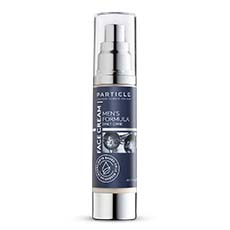
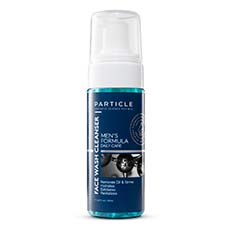
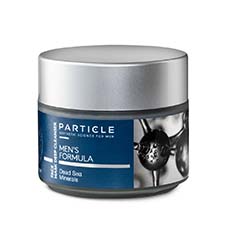
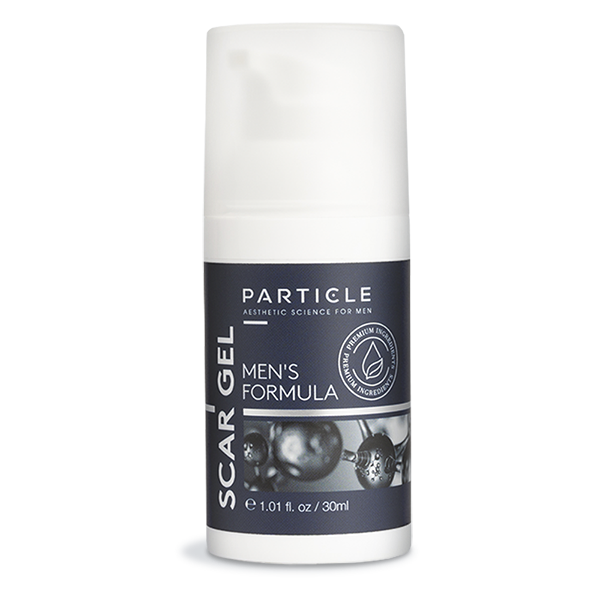
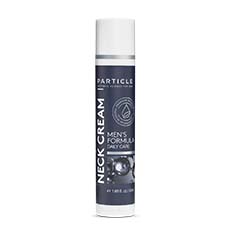
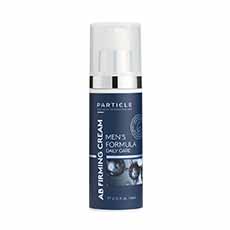
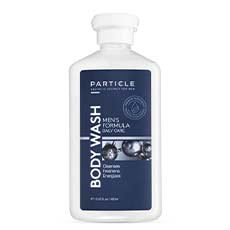
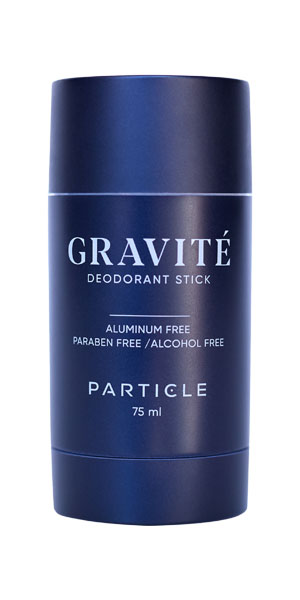
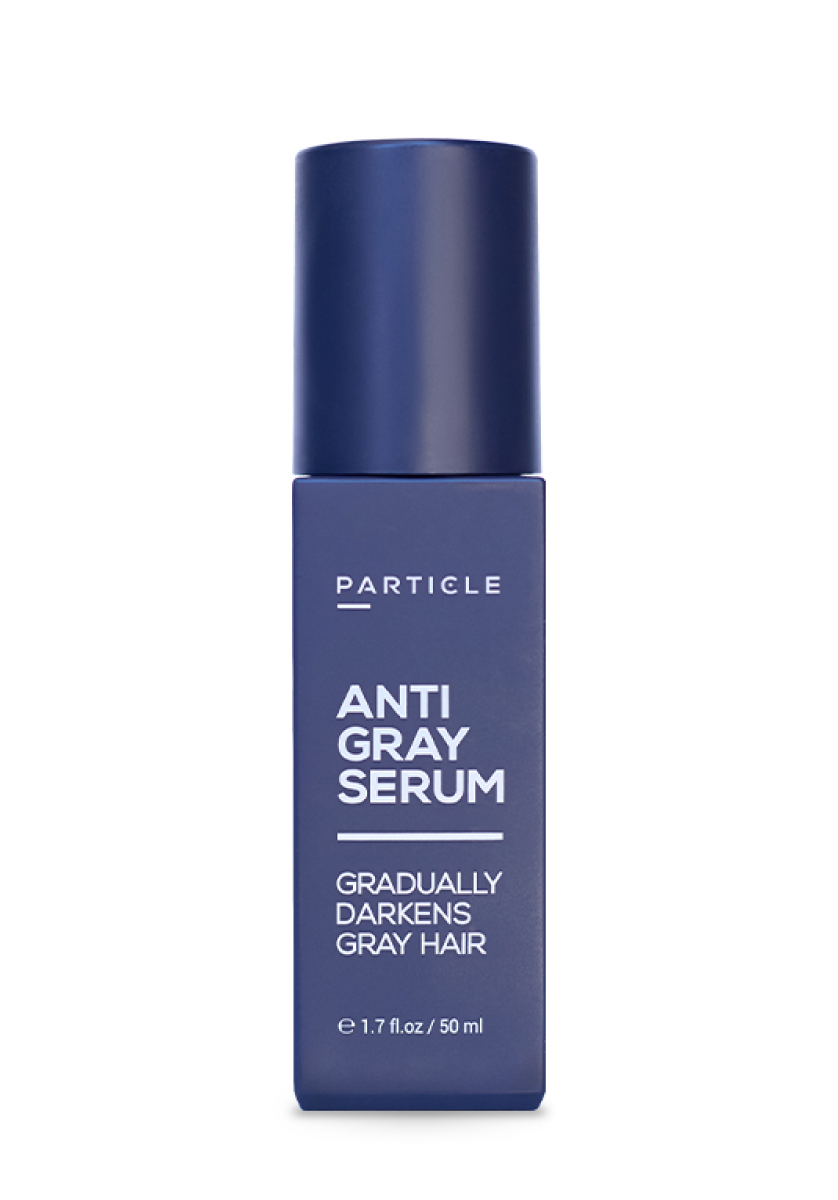
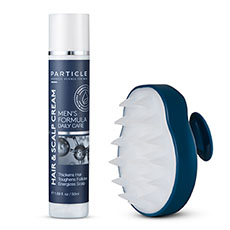
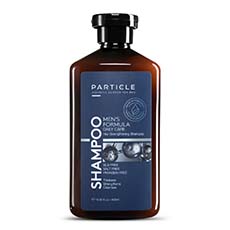
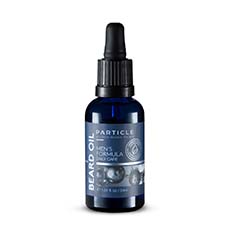
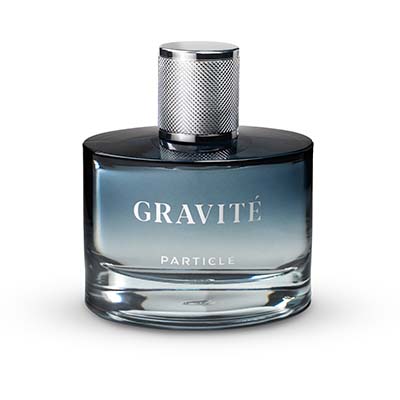

 au
au















